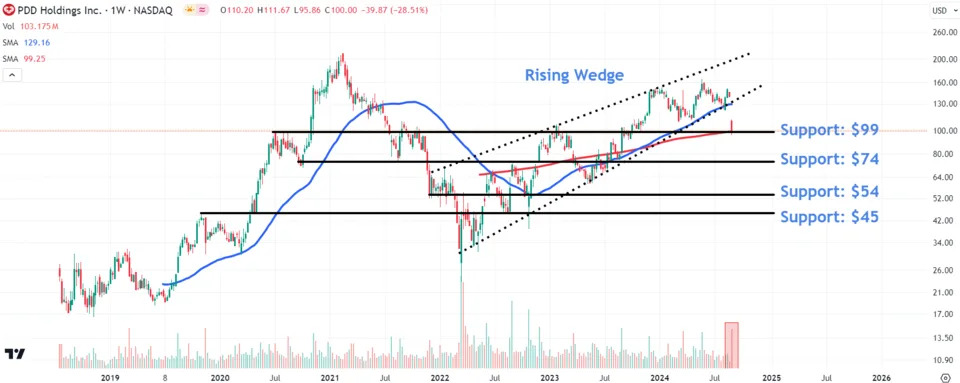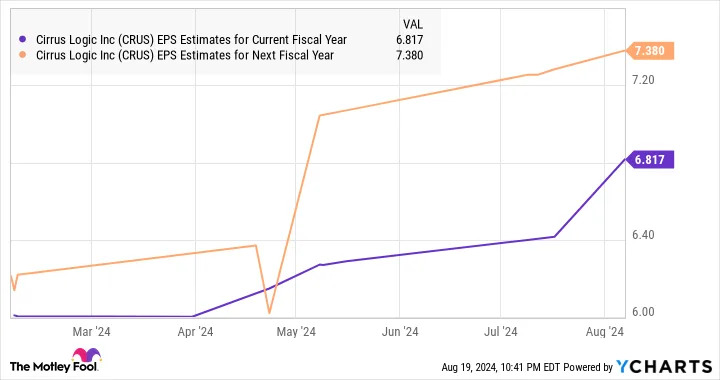Bitcoin exchange-traded funds (ETFs) saw a significant influx of $2.42 billion in investments during the week of Nov. 18-22, marking the fourth-largest weekly inflow since their launch. This surge coincided with a substantial rise in Bitcoin's price, which reached $99,800 on Nov. 22. In contrast, China-based ETFs experienced a historic outflow of $2 billion, with the iShares China Large-Cap ETF seeing $984 million in withdrawals. The outflows from China ETFs reflect weak investor sentiment and concerns about a prolonged economic downturn, while the inflows into Bitcoin ETFs suggest growing interest in the cryptocurrency as a decentralized alternative to traditional financial assets.

Bitcoin exchange-traded funds (ETFs) saw significant inflows during the week of Nov. 18-22, as investors moved $2.42 billion into spot Bitcoin ETFs. This marks the fourth-largest weekly inflow since Bitcoin ETFs launched in January. The surge in Bitcoin investments coincided with a substantial rise in Bitcoin’s price, which soared to $99,800 on Nov. 22, reflecting the growing appeal of Bitcoin as a store of value amid global financial uncertainty.
At the same time, China-based ETFs faced an unprecedented outflow of $2 billion, marking the largest withdrawal in the country’s ETF history. The iShares China Large-Cap ETF (FXI) experienced $984 million in withdrawals, continuing a streak of negative flows for the fifth consecutive week. Despite large-scale economic stimulus from the Chinese government, investor sentiment remains weak. Data shows that China’s consumer confidence has plummeted by nearly 50 points over the last three years, raising concerns about a prolonged economic downturn.
Bitcoin’s recent rally is seen as a response to growing economic instability, a trend that has historically benefited the cryptocurrency. Past crises, such as the 2023 U.S. banking collapse, have helped propel Bitcoin’s growth, positioning it as a hedge against traditional financial market risks. The latest rally, which pushed Bitcoin’s price up by 48% in November, is also tied to the U.S. presidential election results, which sparked a surge of investor optimism.
While Bitcoin’s price is breaking records, its rapid rise is not without skepticism. Some analysts , including Kris Marszalek, CEO of Crypto.com, caution that the cryptocurrency market may need a period of deleveraging before Bitcoin can surpass $100,000. Despite this, the continued flow of institutional and retail investments into Bitcoin ETFs reflects a growing interest in the cryptocurrency as a decentralized alternative to traditional financial assets.
Bitcoin ETFs have now surpassed $100 billion in net assets, further solidifying their place in the global investment landscape. The recent surge in ETF inflows, combined with the ongoing rally in Bitcoin’s price, underscores the changing dynamics in the investment world. With stablecoin inflows to exchanges nearing $9.7 billion this month, analysts are split on whether Bitcoin will breach the $100,000 threshold by the end of November.
Meanwhile, China’s economic woes continue to weigh heavily on investor confidence. Despite government efforts to stimulate the economy, the Chinese market remains under pressure, translating into massive outflows from the nation’s ETFs. With consumer sentiment at an all-time low, the outlook for China’s financial markets remains uncertain, as investors increasingly turn to alternative assets like Bitcoin.






